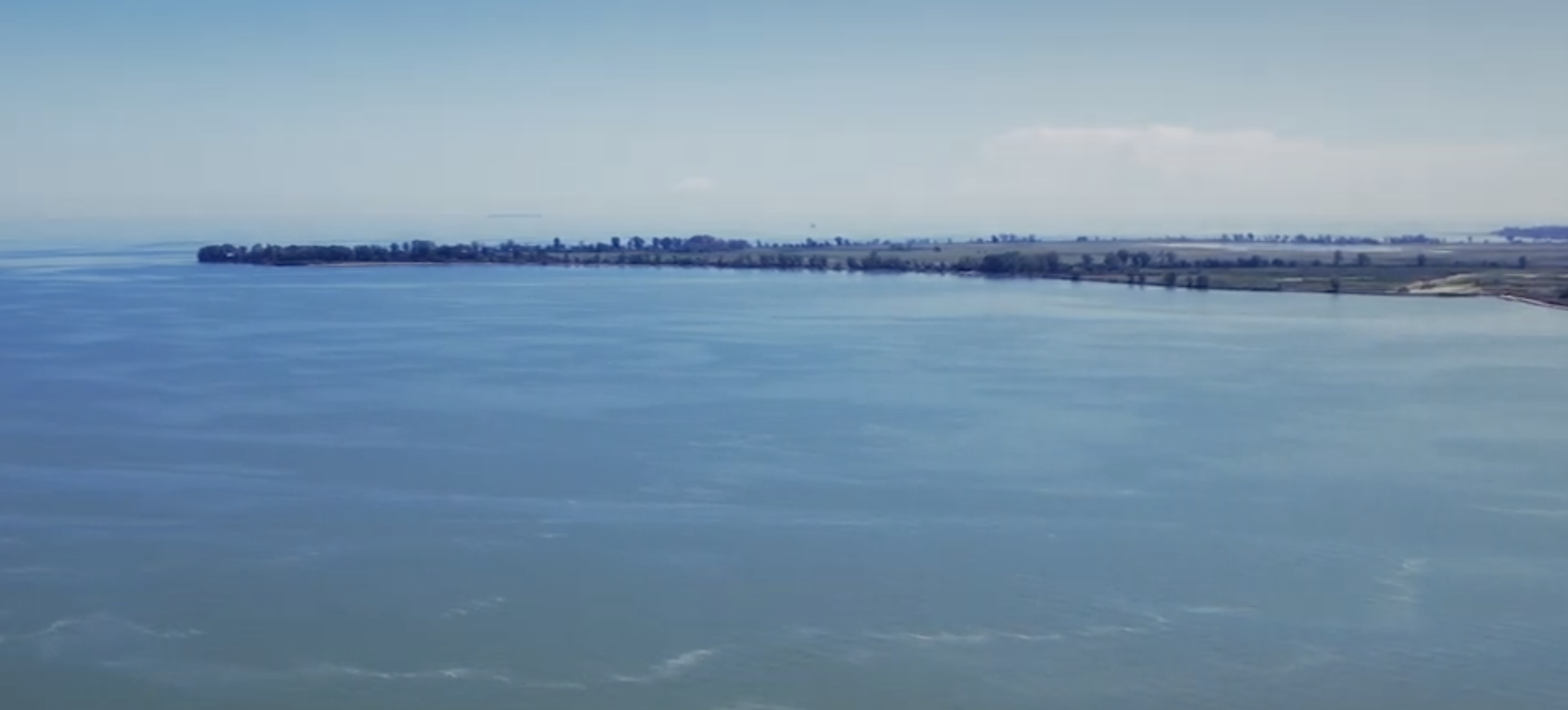
- Details
- By Neely Bardwell
A bill that would guarantee bodies of water legal rights to protect against destruction has been introduced into the New York State Assembly recently.
New York State Rep. Burke introduced the Great Lakes and State Waters Bill of Rights, Bill AO5156A, which would recognize “unalienable and fundamental rights to exist, persist, flourish, naturally evolve, regenerate and be restored” for the Great Lakes and other watersheds and ecosystems throughout New York State.
"All people deserve healthy ecosystems and clean water, and recognizing the inherent rights of nature to exist and flourish is the best way to protect this,” says Assemblyman Burke. “Protecting one watershed or regulating toxins one at a time isn't enough. All New Yorkers are connected through our water, and so this bill protects all of us."
This is not the first time this bill has been introduced to the New York Assembly. In 2022, Burke introduced a similar draft of the current bill. The new bill incorporates feedback from the community and expands ecological rights beyond the Great Lakes watershed to include all the waters of New York.
To ensure water rights are respected, the bill also empowers municipalities and counties to democratically enact rights of nature laws for their local ecosystems. Currently, many states have banned this practice.
Indigenous people have been the stewards of the land and waters for years even before the United States was conceived. This bill also includes provisions to protect treaty rights for Indigenous people and tribal nations in New York.
Currently there are serious threats to the waterways and lakes in New York. Lake Erie and Lake Ontario provide drinking water to 6.2 million New Yorkers. According to experts, billions of gallons of raw sewage entering the lakes, increasing toxic algae blooms, invasive species, global warming, and both historic and ongoing industrial pollution represent serious threats to the ecosystem and human health.
According to Dr. Sherri Mason from Gannon University in Erie Pennsylvania over 22 million pounds of plastic are dumped in the Great Lakes annually. In August 2014, a toxic algae bloom in Lake Erie linked to fertilizer and excrement from industrial farms shut down the drinking water supply to the city of Toledo, Ohio, home to 270,000 people, for 3 days.
The law was drafted with the assistance of the Community Environmental Legal Defense Fund (CELDF) which has been at the forefront of the rights of nature movement for more than 20 years, and incorporates input from constituents and tribal members living in the NY and Great Lakes ecosystems.
“The rights of nature movement is gaining momentum around the world as global warming, species extinction, fresh water scarcity, and climate-driven migration are all getting worse,” says CELDF’s Education Director Ben Price, who helped draft the law. “Meanwhile, the U.S. is being left behind. For states to take on these issues in the absence of federal action could be a game-changer, as it was for women's suffrage when the states led the way for years.”
More Stories Like This
Trump signs law that revokes some limits on drilling in Alaska’s National Petroleum ReserveSouthern Sierra Miwuk Nation Gets 900-Acres ofLand Back
Chilkat Indian Village Tells New Palmer Mine Owners They Are “Not Welcome” in Chilkat Valley
Tribes, Coastal Group Ask Army Corps to Revoke Permit for Texas Export Terminal
Michigan Tribes Tell Supreme Court: Don’t Bail Out Enbridge
Help us defend tribal sovereignty.
At Native News Online, our mission is rooted in telling the stories that strengthen sovereignty and uplift Indigenous voices — not just at year’s end, but every single day.
Because of your generosity last year, we were able to keep our reporters on the ground in tribal communities, at national gatherings and in the halls of Congress — covering the issues that matter most to Indian Country: sovereignty, culture, education, health and economic opportunity.
That support sustained us through a tough year in 2025. Now, as we look to the year ahead, we need your help right now to ensure warrior journalism remains strong — reporting that defends tribal sovereignty, amplifies Native truth, and holds power accountable.
 The stakes couldn't be higher. Your support keeps Native voices heard, Native stories told and Native sovereignty defended.
The stakes couldn't be higher. Your support keeps Native voices heard, Native stories told and Native sovereignty defended.
Stand with Warrior Journalism today.
Levi Rickert (Potawatomi), Editor & Publisher


